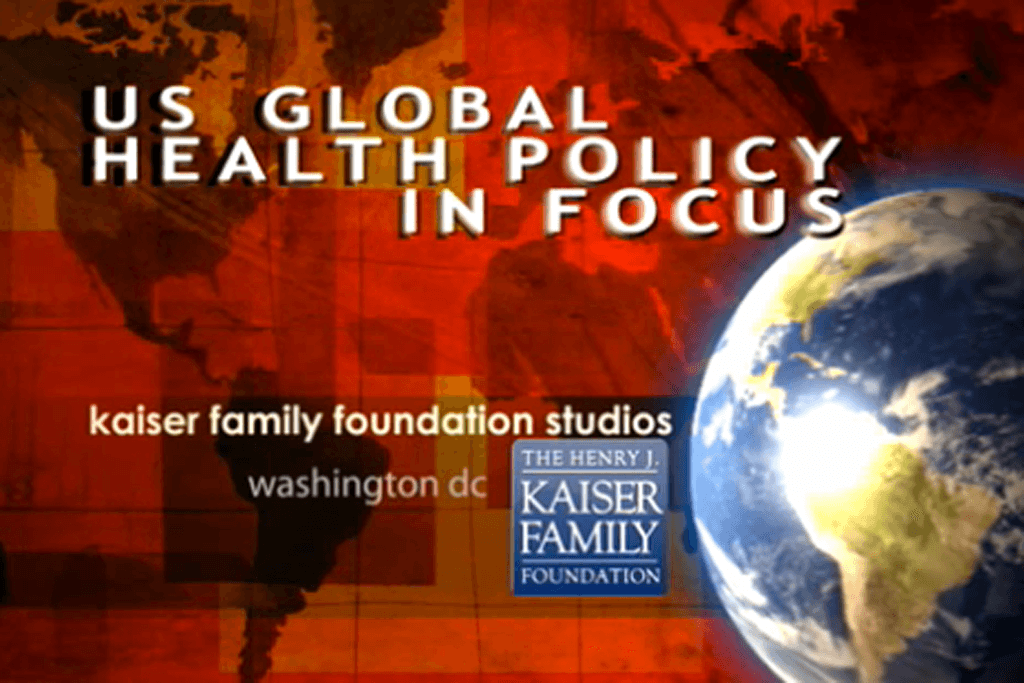Examining the Global Fund: Successes, failures and challenges ahead
The Kaiser Family Foundation held a live webcast yesterday discussing the recent changes to the Global Fund, an international financing institution that supports international prevention, treatment, and care programs for AIDS, Tuberculosis, and Malaria. Panelists discussed the fund's new strategy and what this strategy means for the global fight against these three diseases.
The Global Fund has made several changes in the last year. In September 2011, The Global Fund Board approved panel recommendations for urgent reform. In November 2011, the Fund adopted a new five-year strategy with the goal of saving 10 million lives by 2016, and in January 2012, the Fund appointed Gabriel Jaramillo as its new General Manager. Jaramillo has already begun to implement changes, restructuring staff and transforming its grant administration.
Yesterday's panel members examined these changes and discussed what's working and what's not.
Stephen Morrison, Senior Vice President and Director of the Global Health Policy Center, CSIS, said that Jaramillo has moved ahead with "extraordinary speed and scope" in staff restructuring and realignment. Todd Summers, chair of the Strategy, Investment & Impact Committee at the Global Fund, pointed to the changes in our ability to treat AIDS, tuberculosis and malaria.
"Probably the most important change is actually not the Global Fund, it's about the diseases themselves," he said. "Now we see lots of opportunity to really make a big difference and change forever the trajectory of three of the most deadly epidemics that we have."
Joanne Carter, Executive Director of RESULTS/RESULTS Educational Fund also had an optimistic view, pointing to the Global Fund's successes to date, including funding 3.3 million people on AIDS treatment, treating almost 9 million people with tuberculosis, and working on a massive scale-up of bed nets to prevent malaria. She said that she thinks a big challenge to the Fund is actually brought on by so many opportunities. "I think the different challenge we face," she said, "is that the opportunities of this moment are outstripping resources."
Shepherd Smith, President and Founder of Institute for Youth Development, said reform is needed on the ground.
"It's good to see major reform occurring because it's so needed. I'm just surprised it took so long to happen," he said.
Smith also compared the Global Fund to PEPFAR. "In virtually every country we're in, the difference is just so remarkable," he said. "PEPFAR is well-run, well-managed, and the Global Fund is generally not anywhere near it in quality. The oversight in respect to programs is lacking in the field, and that really needs to be part of this reform effort."
All participants suggested that July's International AIDS Conference could be a big opportunity for the AIDS activist community and major leadership to come together and discuss allocation of resources and how to improve the global fight against AIDS.
More from GlobalPost: Aids: A Turning Point
GlobalPost's reporting on global heath is made possible in part through a partnership with the Henry J. Kaiser Family Foundation as part of its U.S. Global Health Policy program.
